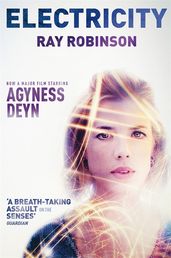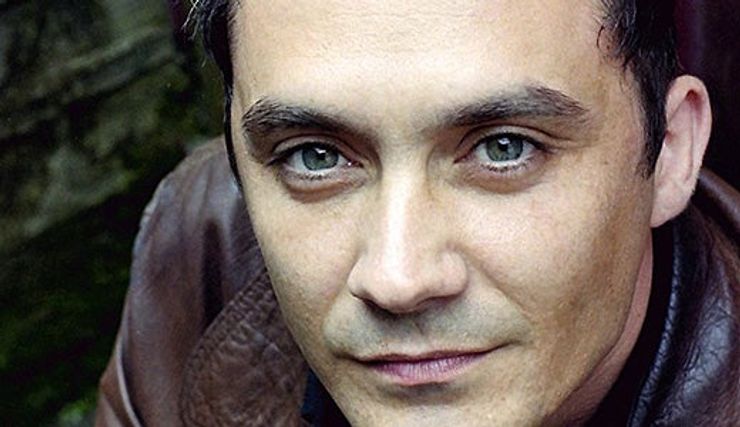Ray Robinson
An award-winning short story writer, novelist and screenwriter, Robinson first won attention in 2006 with his debut novel, Electricity (Picador, 2006). It was shortlisted for both the James Tait Black Memorial Prize, and the Authors' Club First Novel Award. Robinson's other novels are The Man Without (Picador, 2008), Forgetting Zoe (Heinemann, 2010), and Jawbone Lake (Heinemann, 2014). Forgetting Zoe was the winner of the inaugural Jerwood Fiction Uncovered Prize and was the Observer's 'Thriller of the Month'. Robinson was hailed as 'among the most impressive voices of Britain's younger generation' by the Irish Times. Robinson is a post-graduate of Lancaster University, where he was awarded a Ph.D. in Creative Writing in 2006, and is a Literary Mentor and Reader for The Literary Consultancy. He has appeared at literary festivals around the world, including La Feria Internacional del Libro de Guadalajara, Mexico, and the Edinburgh International Book Festival.
www.rayrobinson.org.uk


